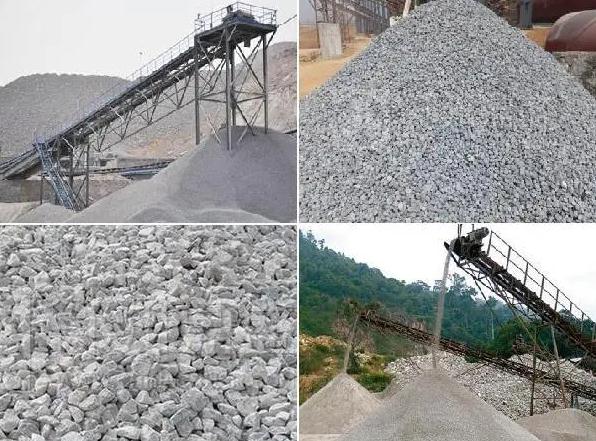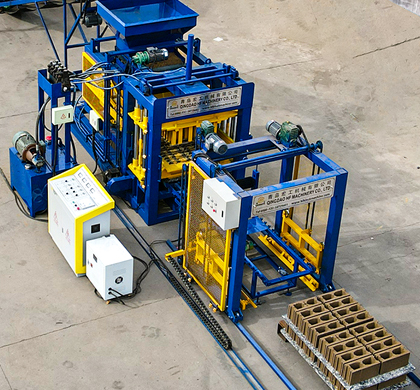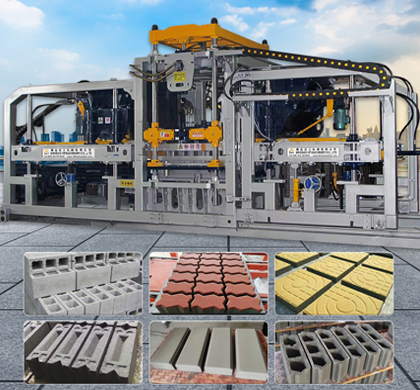The raw materials of concrete bricks mainly include cement, sand, aggregate and water. The process of selecting and matching these raw materials is as follows:
1. Select cement: Cement is the cementing material of concrete. Commonly used cements include ordinary Portland cement, slag cement, and cement for high-performance concrete. Different types and grades of cement are selected according to factors such as concrete strength grade, ambient temperature, and construction technology.

2. Select sand: sand is the fine aggregate of concrete, the key to selecting sand is to ensure that its particle size is appropriate. In general, the sand used for concrete should be fine sand with a particle size between 0.15-2.5mm, which has good filling and water permeability.

3. Select aggregate: Aggregate is the coarse aggregate of concrete. Commonly used aggregates include gravel and pebbles. The selection of aggregate needs to be considered comprehensively based on factors such as concrete strength grade, construction technology, and aggregate quality. Generally, the aggregate used in concrete should be coarse aggregate, with a particle size between 5-10mm, which has good mechanical properties. performance.
Concrete aggregate refers to the granular loose material that acts as a skeleton or filling in concrete. Coarse aggregate and fine aggregate. Coarse aggregate refers to pebbles, crushed stones, etc., and fine aggregate refers to natural sand, artificial sand, etc.


A hollow block machine is a piece of industrial equipment specifically designed to produce hollow blocks, which are a type of concrete masonry unit (CMU) used in construction. These machines come in various sizes and capacities, and their primary function

Concrete blocks are fundamental components in modern construction, providing the essential material for building walls, foundations, and various structures. The production of these blocks requires specialized machinery designed to mix, mold, and cure the

The construction industry, a critical driver of global economic growth, relies heavily on efficient and scalable production methods to meet the ever-increasing demand for infrastructure. Block machines play a crucial role in the construction industry, pro

Whether for inquiries for inspections and
maintenance, for individual plant optimizations or
extensions, or spare and wear parts.

Our after-sales service is at your disposal for all
questions

We will contact you within 24 hours.